Is a mechanical analogue watch right for your collection?
Technology is constantly evolving and integrating with our lives, For me, the allure of a mechanical analogue watch is almost refreshing. It endures as a testament to tradition, craftsmanship, and the artistry of watchmaking.
In this article, I’ll outline exactly what a mechanical analogue watch is, how the type of watch movement works, and things to consider if you’re thinking about adding them to your watch collection.
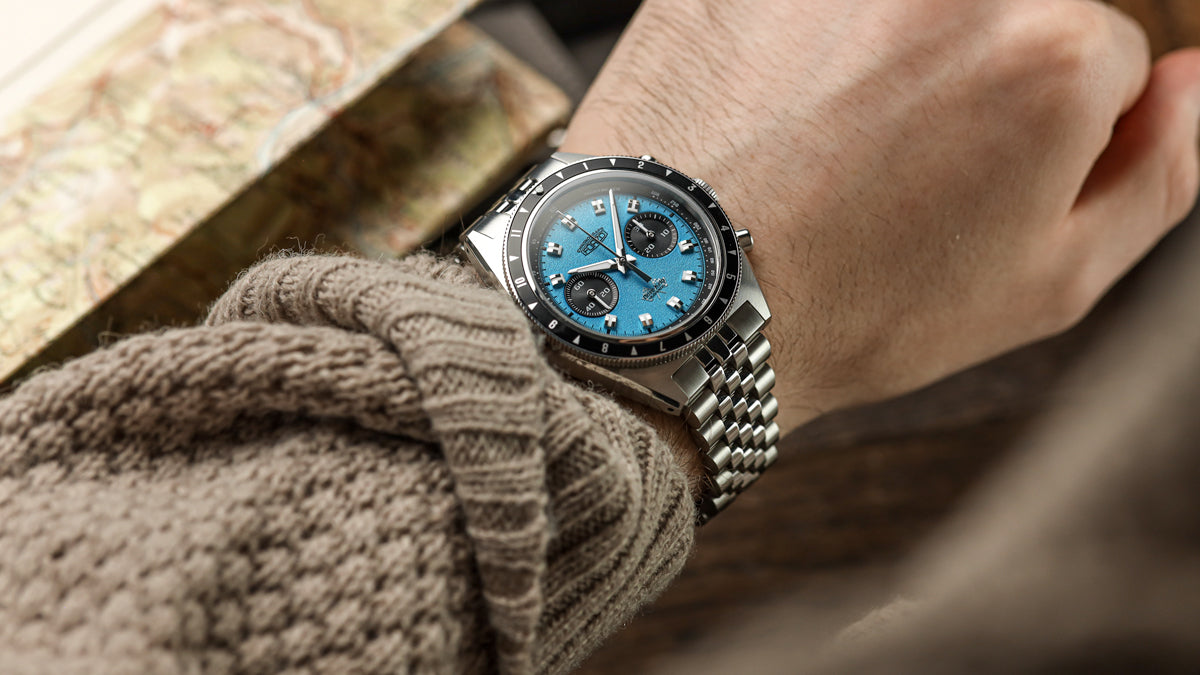 FORZO ST19 Drive King Mechanical - Credit WatchGecko
FORZO ST19 Drive King Mechanical - Credit WatchGecko
What is a mechanical analogue watch?
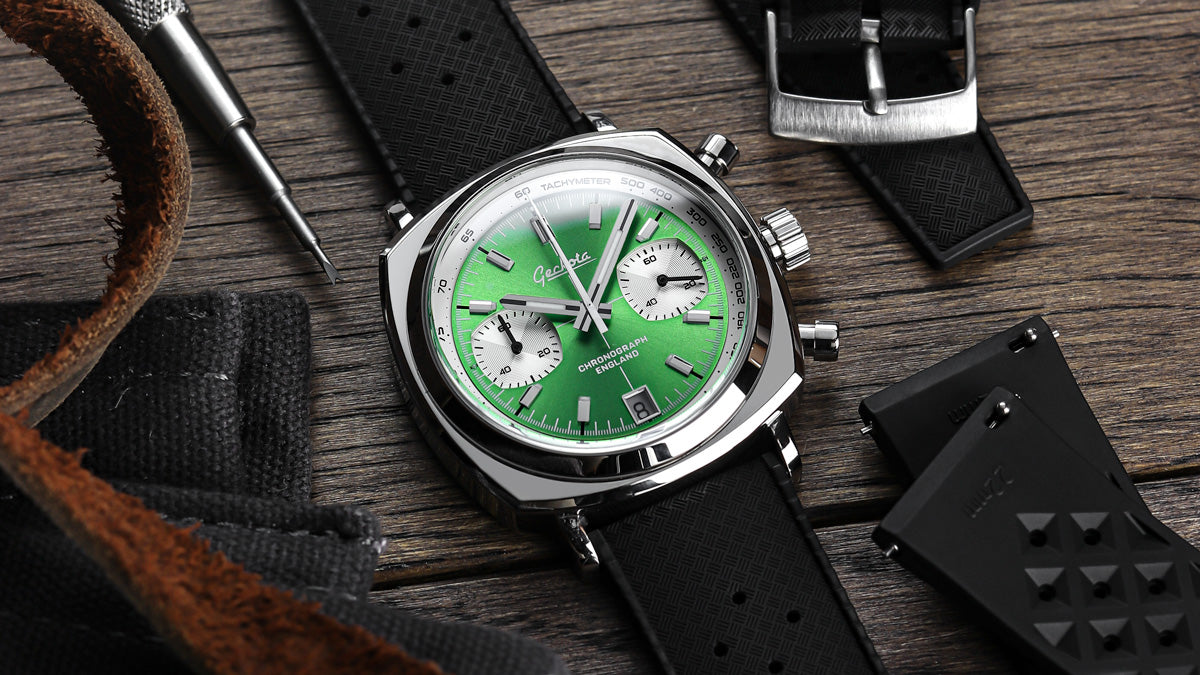 Geckota Chronotimer - Credit WatchGecko
Geckota Chronotimer - Credit WatchGecko
‘Analogue’ refers to the type of watch display, using hands to indicate the time by pointing at various points around a circular dial. These timepieces can be driven by either mechanical or quartz movements (battery-powered).
Mechanical watches are powered by intricate gears and springs instead of a battery. Winding the spring transfers energy through the gears to power the balance wheel, which controls the timing of the watch.
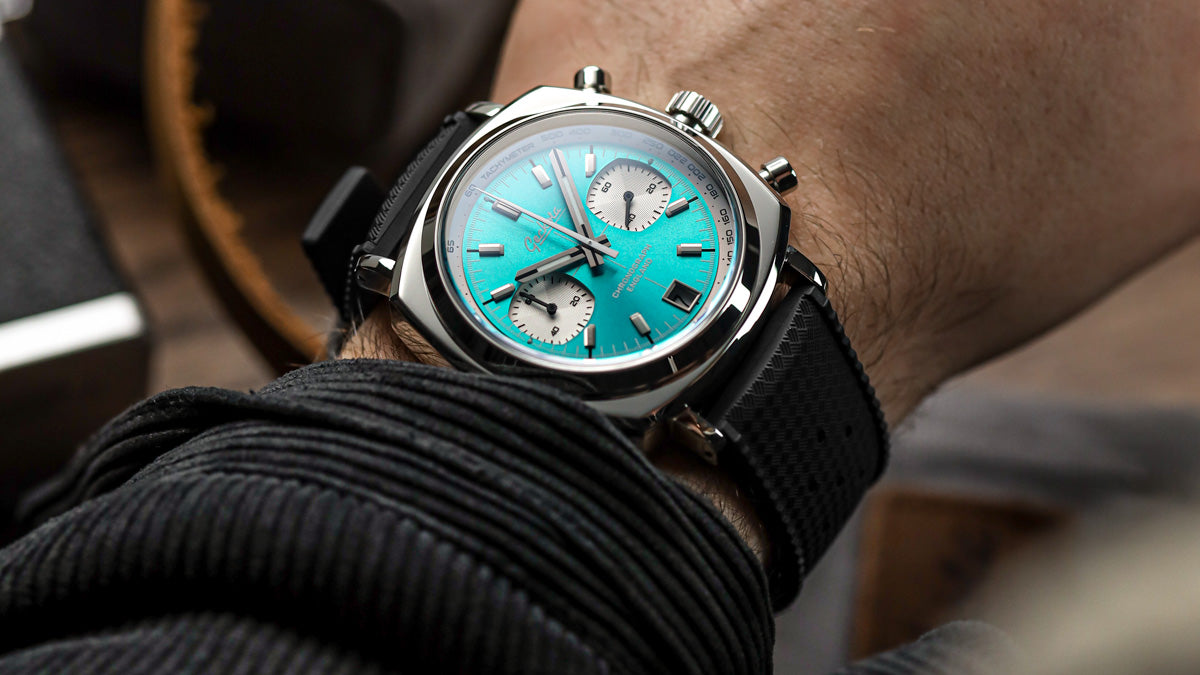 Geckota Chronotimer - Credit WatchGecko
Geckota Chronotimer - Credit WatchGecko
There are two main types of mechanical watches:
- Manual mechanical watches — These watches require regular hand-winding by turning the crown (the little button that can be twisted on the outside of the case), which transfers energy to the mainspring. As the mainspring unwinds, it releases energy to the gears, driving the hands of the watch.
- Automatic mechanical watches — Also known as self-winding watches, automatic watches have a rotor that winds the mainspring with the motion of the wearer's arm. When the watch is worn regularly, the rotor spins and transfers energy to the mainspring, keeping the watch running. Find out more about automatic watches in this article.
Thinking of buying a mechanical analogue watch?
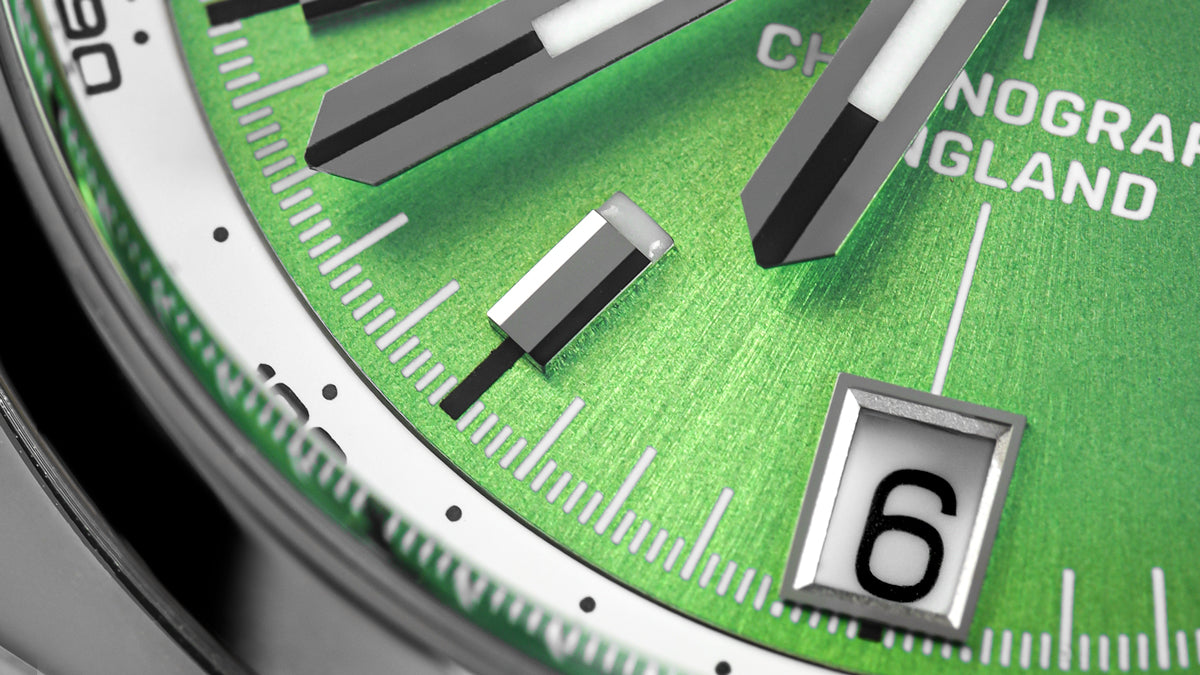 Geckota Chronotimer - Credit WatchGecko
Geckota Chronotimer - Credit WatchGecko
If you’re on the fence about investing in a mechanical analogue watch (or aren’t sure if this timepiece is the right fit for you), keep reading. Here are some of my top considerations to think about before making your final decision.
Style
Mechanical analogue watches often have a classic aesthetic, like the FORZO ST19 Drive King Mechanical Gold Dial SS-B02-B. If you appreciate the craftsmanship and design of traditional watches, these timepieces will be a welcome addition to your collection.
Craftsmanship
Mechanical watches with analogue displays are often valued for their intricate movements and craftsmanship. If you appreciate the history and tradition of watchmaking, a mechanical analogue timepiece might be more appealing to you than something with a more modern style.
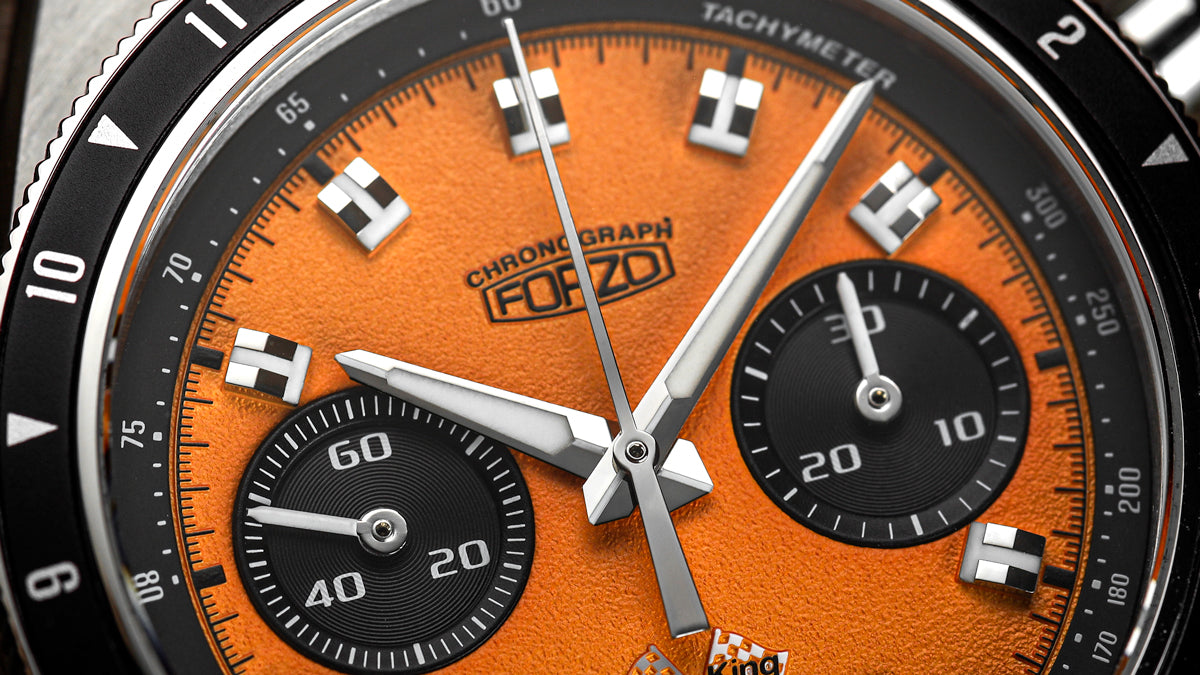 FORZO Mechanical Drive King - Credit WatchGecko
FORZO Mechanical Drive King - Credit WatchGecko
Maintenance
Another thing to bear in mind is maintenance. If they’re manual, mechanical watches require periodic winding — usually once a day. Before investing in one of these timepieces, be sure you’re willing to put the time into this maintenance. Otherwise, you might be better with a model that requires less upkeep, like a quartz watch.
Price
Cost is another consideration. Mechanical watches (especially those with high-quality movements and craftsmanship) can sit on the more expensive side of the price scale because they’re more complex. If you’re looking for a timepiece that’s more of an investment, these watches fit the bill (excuse the pun).
FAQs about mechanical and analgoue watches
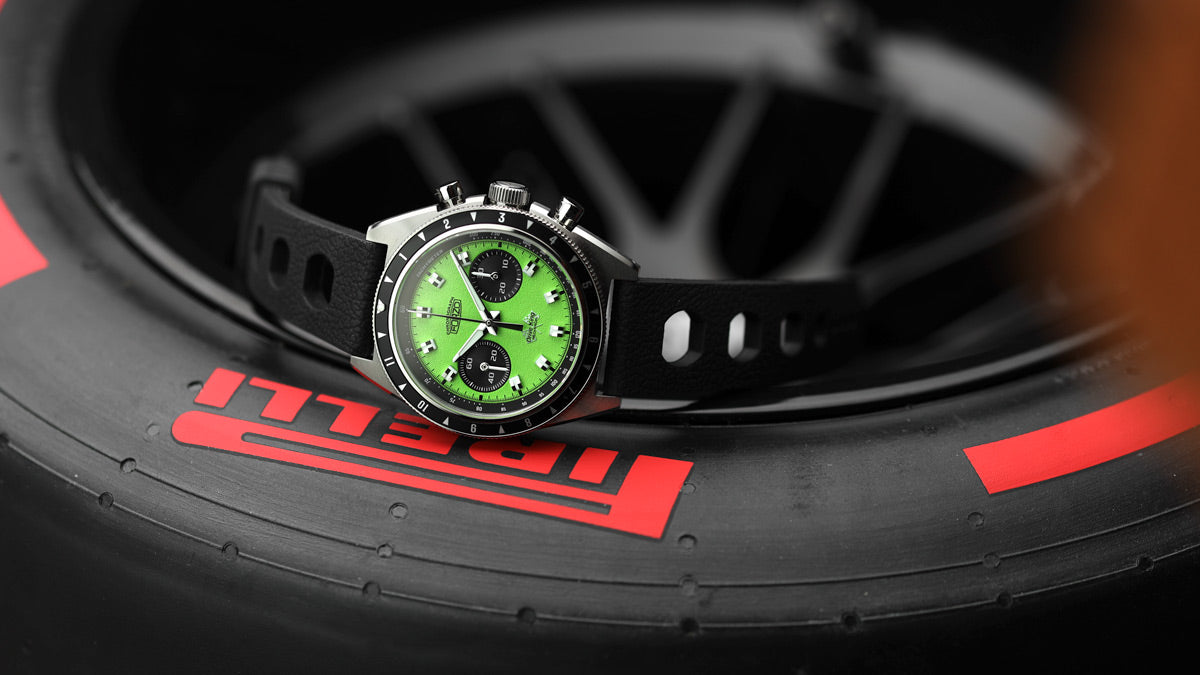 FORZO Mechanical Drive King - Credit WatchGecko
FORZO Mechanical Drive King - Credit WatchGecko
Before I wrap things up, let’s walk through some of the most commonly asked questions about analogue and mechanical watches.
Is an analogue watch better than digital?
It depends on your preference. Neither type is inherently better; they serve different purposes and cater to different tastes.
Do analogue watches need batteries?
A quartz analogue watch does need a battery, but a mechanical timepiece doesn’t.
Why would anyone buy a mechanical watch?
When compared with low-maintenance watches — like digital timepieces, for example — mechanical watches require a more hands-on approach, which can be off-putting for some. But for many watch enthusiasts, this is part of their charm. The intricate movements and artistry in their design are what make them so appealing to horologists!
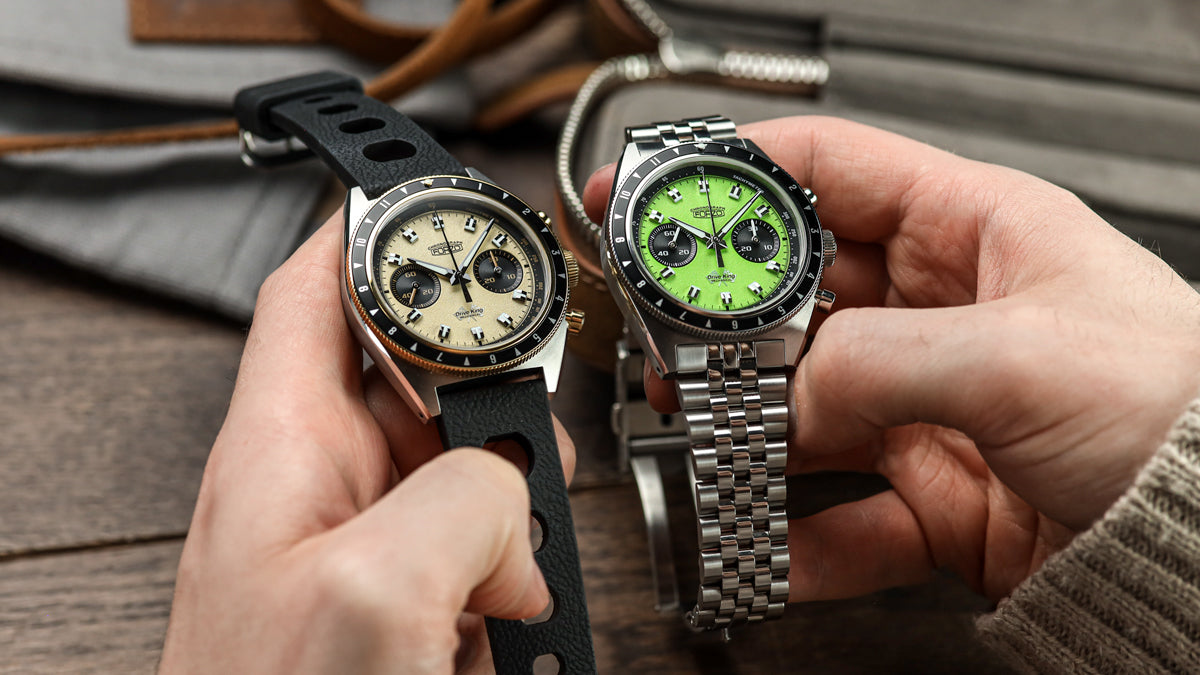 FORZO Mechanical Drive King - Credit WatchGecko
FORZO Mechanical Drive King - Credit WatchGecko
How many years can a mechanical watch last?
With proper care and maintenance, a mechanical watch can theoretically last a lifetime. The calibre of the timepiece can also play a part in how long it lasts (meaning that a higher-quality model is more likely to outlive its lower-quality counterparts).
Conclusion
A mechanical timepiece is always a great addition to any watch collection. If you’re looking for a classic aesthetic with quality craftsmanship, a mechanical analogue watch undoubtedly fits the bill. And there’s always the automatic model that’s easier to maintain if you’re not so keen on manually winding the watch every day!
Do you have any other thoughts to share? Let me know in the comments below.





